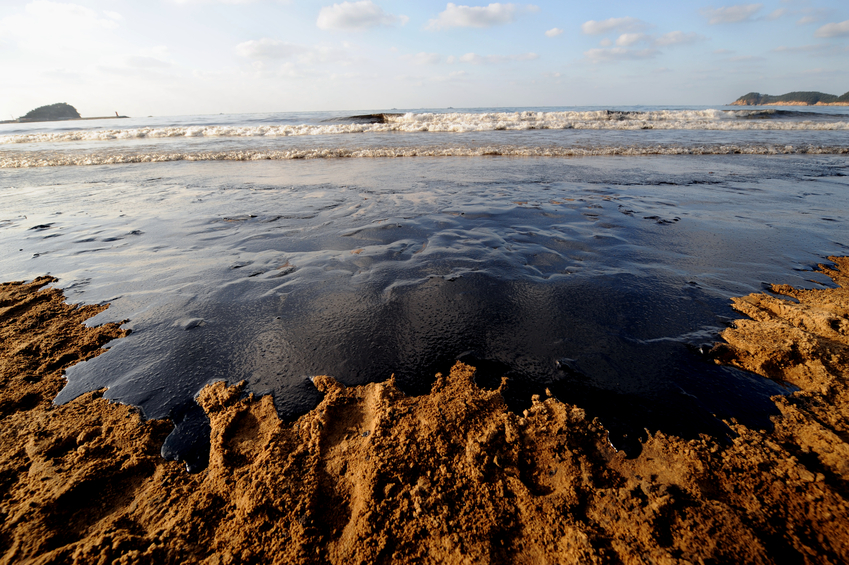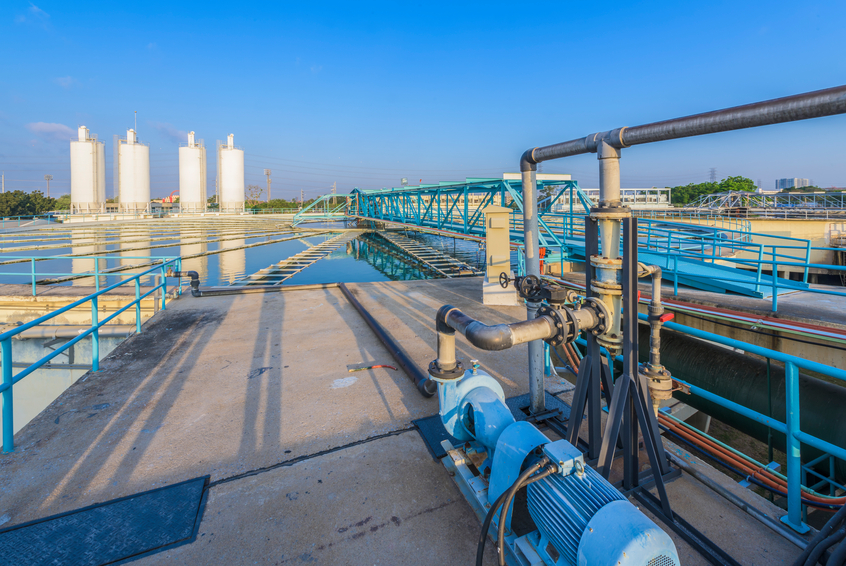Iowa Chemical 10 PDH Discount Package 1
Chemical Hazard Classification Process (H02-009)
Disinfection with Peroxone (H02-010)
Reactor Water Chemistry (H03-001)

This online engineering PDH course summarizes the application of algae as indicators of nutrient pollution in water quality management. It describes the use of algal indicators to develop water quality diagnostics for nutrient pollution in the United States (U.S.) and then reviews scientific developments in the use and application of algal indicators across the world.
Algae are ubiquitous and essential components of all stream ecosystems. They are the primary energetic source for many stream food webs, fixing carbon from the atmosphere through photosynthesis, which is then transmitted through the web via consumer pathways.
Algae have a long history of use and possess many of the features valued in ecological indicators. They were part of the early saprobien indicator system development in Germany and were one of the first assemblages developed for use in biological assessment in the United States.
This 3 PDH online course is intended for chemical and environmental engineers and water quality professionals who are seeking to utilize algae to detect the presence of nutrient pollution and to estimate the risks of nutrient pollution in adversely affecting the condition of stream ecosystems.
This PE continuing education course is intended to provide you with the following specific knowledge and skills:
- Gaining general background information on algae
- Familiarizing with the current algal sampling programs in the United States
- Learning about the research on algal assessment and indicator using in streams
- Identifying the quantitative and qualitative algal application methods
Upon successful completion of the quiz, print your Certificate of Completion instantly. (Note: if you are paying by check or money order, you will be able to print it after we receive your payment.) For your convenience, we will also email it to you. Please note that you can log in to your account at any time to access and print your Certificate of Completion.

This online engineering PDH course addresses the identification of the chemicals to be classified; explains the process of data collection and describes the process and information needed for data analysis. Furthermore, this course presents information on the rationale used to develop the classification of the various hazards.
OSHA's Hazard Communication Standard (HCS) is designed to protect against chemical-source injuries and illnesses by ensuring that employers and workers are provided with sufficient information to anticipate, recognize, evaluate, and control chemical hazards and take appropriate protective measures. The purpose of the Hazard Communication Standard is to ensure that the hazards of all chemicals produced or imported are classified, and that the information on the hazardous chemicals is transmitted to employers and workers.
The 2 PDH online course is intended for chemical manufacturers and distributors, employers, engineers, physicians, construction workers, and all other personnel who are interested in learning more about chemical hazard classification process.
This PE continuing education course is intended to provide you with the following specific knowledge and skills:
- Learning how to identify the chemicals to be classified
- Understanding the data collection process
- Learning how to analyze the data or findings
- Knowing how to record the findings
Upon successful completion of the quiz, print your Certificate of Completion instantly. (Note: if you are paying by check or money order, you will be able to print it after we receive your payment.) For your convenience, we will also email it to you. Please note that you can log in to your account at any time to access and print your Certificate of Completion.

This online engineering PDH course provides guidance on the use of this rapid, strongly oxidizing process.
Addition of hydrogen peroxide to ozonated water increases the rate of ozone decomposition and generates hydroxyl free radicals in what is known as the peroxone advanced oxidation process.
This 2 PDH online course is intended for civil, environmental, and chemical engineers who are interested in gaining knowledge about the use of the ozone/hydrogen peroxide combination known as peroxone for disinfection and oxidation. However, this course could appeal to engineers of other disciplines as well.
This PE continuing education course is intended to provide you with the following specific knowledge and skills:
- Understanding the chemistry of the peroxone disinfection/oxidation process
- Learning the similarities and differences between the molecular ozone and peroxone processes
- Familiarizing with general guidelines for the application of the peroxone process
- Understanding the advantages and disadvantages of peroxone use in comparison with other disinfection/oxidation processes
In this professional engineering CEU course, you need to review Chapter 7 titled, "Peroxone (Ozone/Hydrogen Peroxide)", which is part of the EPA Guidance Manual, "Alternative Disinfectants and Oxidants".
Upon successful completion of the quiz, print your Certificate of Completion instantly. (Note: if you are paying by check or money order, you will be able to print it after we receive your payment.) For your convenience, we will also email it to you. Please note that you can log in to your account at any time to access and print your Certificate of Completion.

This online engineering PDH course describes the chemical measures taken to retard the corrosion often found in water systems. It also addresses the consequences of radioactivity on facility cooling water systems.
Radiation synthesis is a process that takes place in the reactor coolant system. This phenomenon is limited to the reactor coolant system because of the high flux (radiation) levels that exist in the core region and further complicate chemistry control of the reactor plant.
This 3 PDH online course is applicable to chemical engineers, design and construction personnel, technical staff and facility operators who are interested in gaining a better understanding of the reactor water chemistry.
This PE continuing education course is intended to provide you with the following specific knowledge and skills:
- Understanding water chemistry parameters
- Understanding the effects of radiation on water chemistry
In this professional engineering CEU course, you need to review Module 3, "Reactor Water Chemistry" of the Department of Energy Publication DOE-HDBK-1015/1-93, "Chemistry".
Upon successful completion of the quiz, print your Certificate of Completion instantly. (Note: if you are paying by check or money order, you will be able to print it after we receive your payment.) For your convenience, we will also email it to you. Please note that you can log in to your account at any time to access and print your Certificate of Completion.